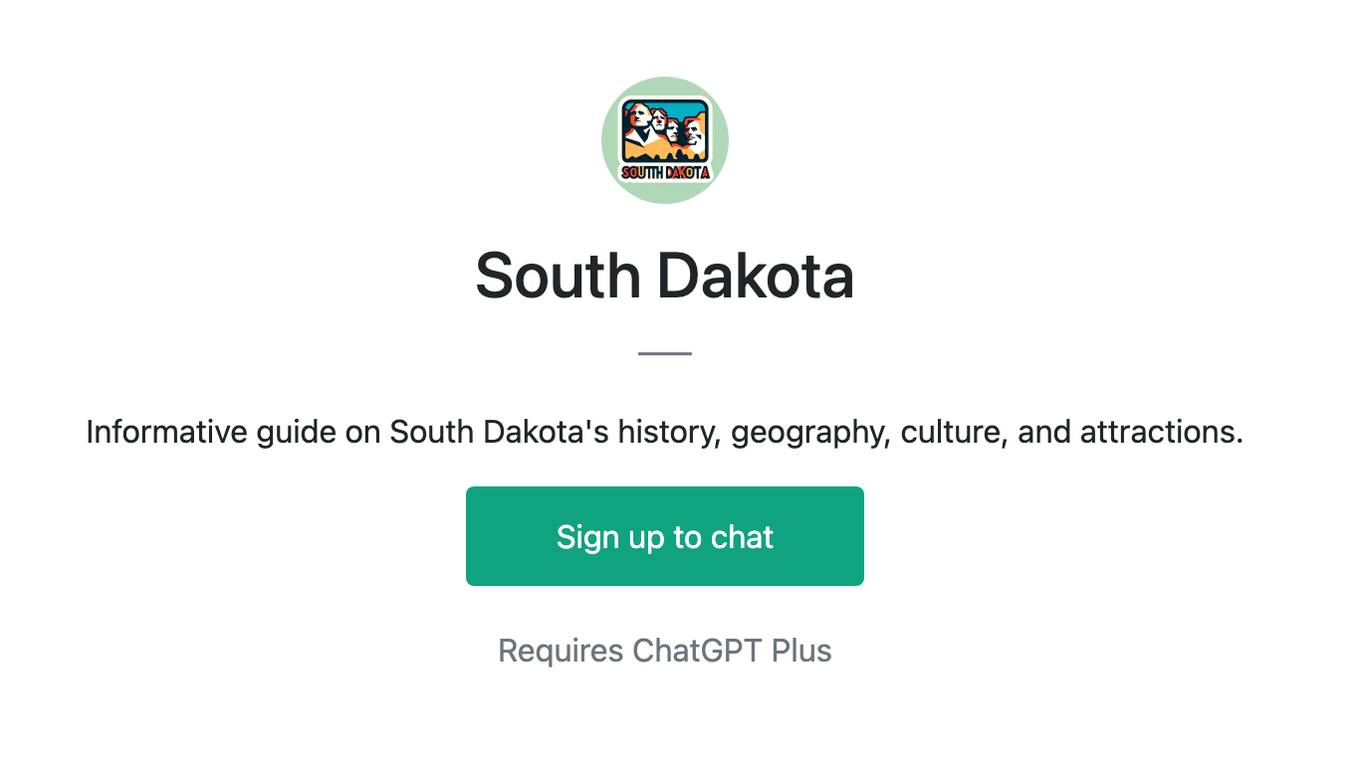Best AI tools for< Mount Stream On App >
0 - AI tool Sites
No tools available
1 - Open Source AI Tools

fastrtc
FastRTC is a real-time communication library for Python that allows users to turn any Python function into a real-time audio and video stream over WebRTC or WebSockets. It provides features like automatic voice detection, UI launching, WebRTC support, WebSocket support, telephone support, and customizable backend for production applications. The library offers various examples and usage scenarios for audio and video streaming, object detection, voice APIs, chat applications, and more.
github
: 2.8k
2 - OpenAI Gpts

South Dakota
Informative guide on South Dakota's history, geography, culture, and attractions.
gpt
: 2

Japan Travel Planner
Your go-to guide for Japan travel tips, accommodations, itineraries, and language help.
gpt
: 800+